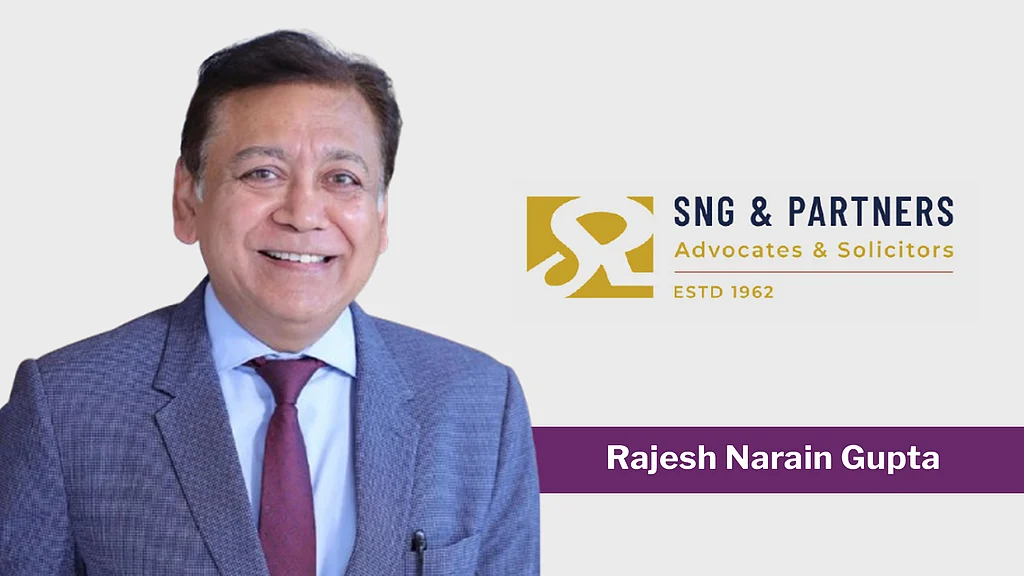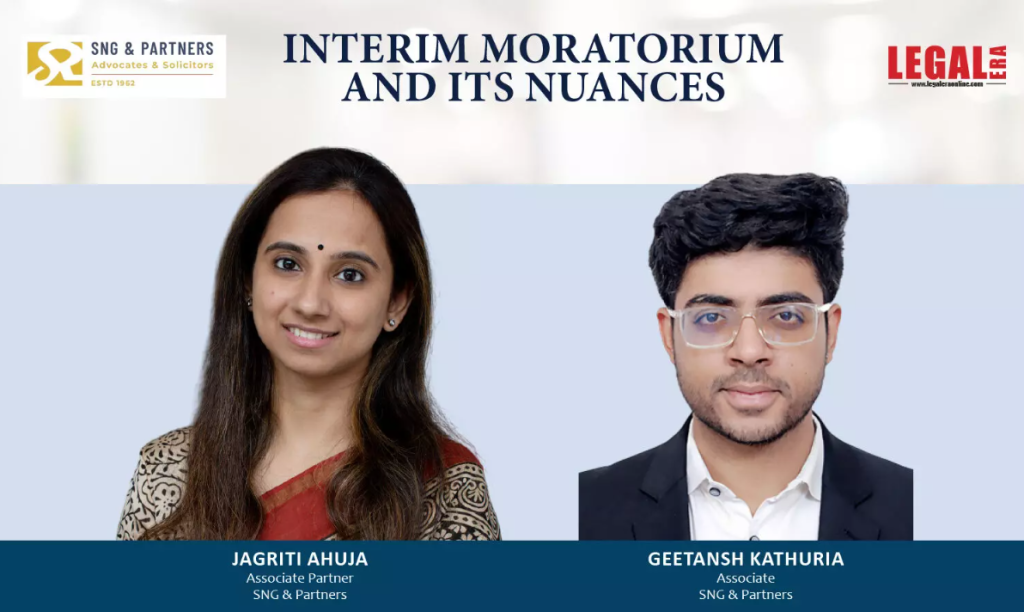Provides relief to lenders whose petitions for insolvency of personal guarantors was getting delayed
- Experts say promoters should also exercise prudence when extending personal guarantees for the corporate debtor
- Supreme Court upholds constitutionality of Insolvency and Bankruptcy Code, says no manifest arbitrariness
- Says role of RP is to collect information about the application by the creditor
The Supreme Court ruling on Thursday upholding the constitutionality of the Insolvency and Bankruptcy Code (IBC) is expected to help lenders of companies under resolution and facilitate hearings in insolvency petitions against personal guarantors, according to experts.
“The judgment passed by the Supreme Court would further strengthen the financial sector as the personal guarantors to corporate debtors are now duty bound to furnish necessary information as may be sought by the Resolution Professional on an application of a creditor. These personal guarantors, who are generally promoter directors of the corporate debtor would now be required to follow the rigours of time lines provided for Insolvency of Individuals and such personal guarantors,” said Ateev Mathur, Partner, SNG & Partners, Advocates & Solicitors.
The promoters and directors now, who have stood as guarantors at the time of availing the facilities, would not be able to hide behind the veil, he further said.
A three-judge bench of Chief Justice of India D.Y. Chandrachud and Justices J.B. Pardiwala and Manoj Misra on Thursday passed the order on a challenge to the constitutional validity of Sections 95 to 100 of the IBC that govern the insolvency resolution process in relation to individuals and partnership firms with respect to Insolvency Process of Personal Guarantors to Corporate Debtors. It was contended that the IBC does not adhere to the principles of natural justice and straightaway a resolution profession is appointed and given unfettered powers to seek information including personal information of the guarantors.
The Supreme Court however, observed that the role ascribed to the RP is to collect information about the application by the creditor to report it to the Adjudicating Authority. It also observed that it is ultimately the Adjudicating Authority, who has been vested with the function to accept or reject the report of the RP.
Sushmita Gandhi, Partner, INDUSLAW said the judgment has come as relief for lenders whose petitions for insolvency of personal guarantors were often getting stuck and delayed because all the personal guarantors were filing applications at the stage of Section 94/95 to afford them hearing before any recommendation was made by the RP.
“The judgment notably affirms that the principles of natural justice cannot be applied in a straight-jacket manner, their application could vary depending on the situation. It also affirmed that the IBC has sufficient safeguards regarding the functioning of the RP,” she said.
After this judgment, the NCLTs which were otherwise not hearing the personal insolvency matters or had stayed the proceedings at the stage of filing of Report, would now have to start hearing the personal insolvency matters without having to hear the personal guarantors at the stage or before the stage of filing of Report by the RP, which would be a relief to so many creditors whose petitions were otherwise on status quo, she further said.
Abhay Itagi, Partner (Litigation and Arbitration), MV Kini Law Firm said the ruling gives a boost to the financial sector. “At the same time, the Supreme Court’s ruling serves as a compelling reminder for promoters to exercise prudence when extending personal guarantees for the corporate debtor,” he further said, adding that it underscores the need for a meticulous evaluation of such commitments, aligning with the broader aim of fostering financial responsibility in the business landscape.
“A corporate insolvency regime without an effective remedy against promoters is ineffective. The judgement clears the way to proceed against promoters’ guarantors. Now, NCLT can resume cases against many guarantors which are kept in abeyance for a long time,” said Vinod PV, Senior Partner, IndiaLaw.
Over 200 petitioners had been filed in the Supreme Court on various provisions of the IBC. This included a petition by Reliance Group Chairman Anil Ambani in June last year challenging the validity of the IBC with regard to personal guarantors.




